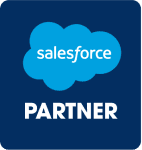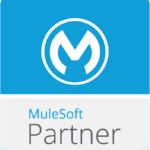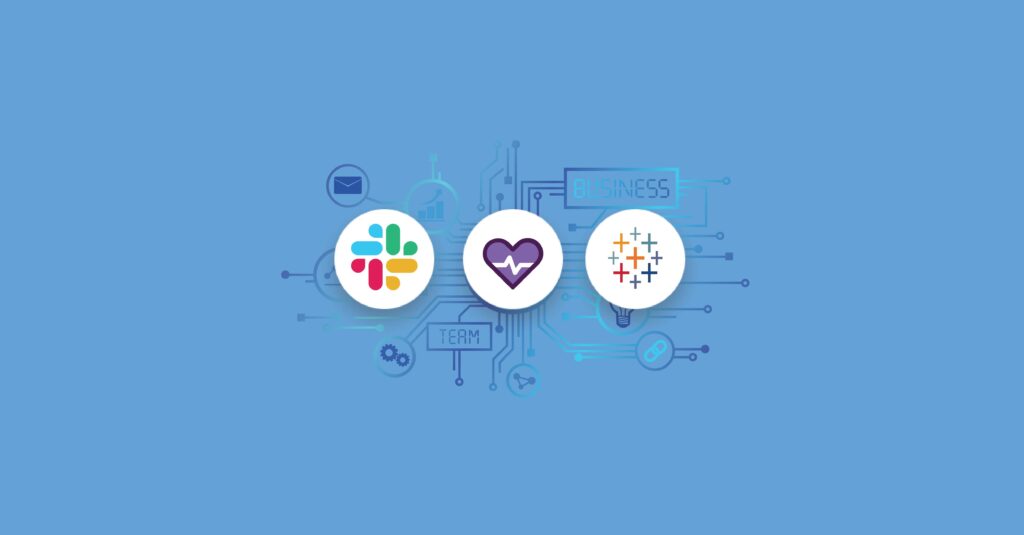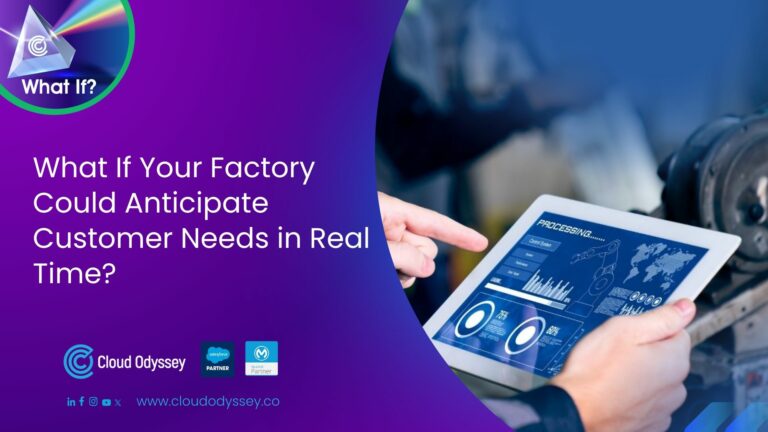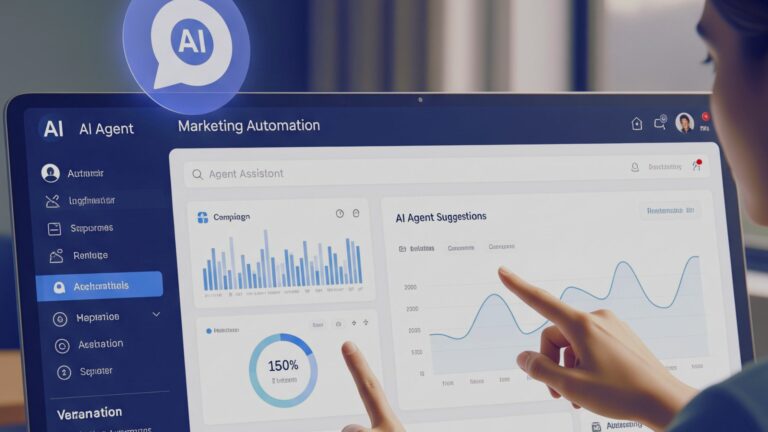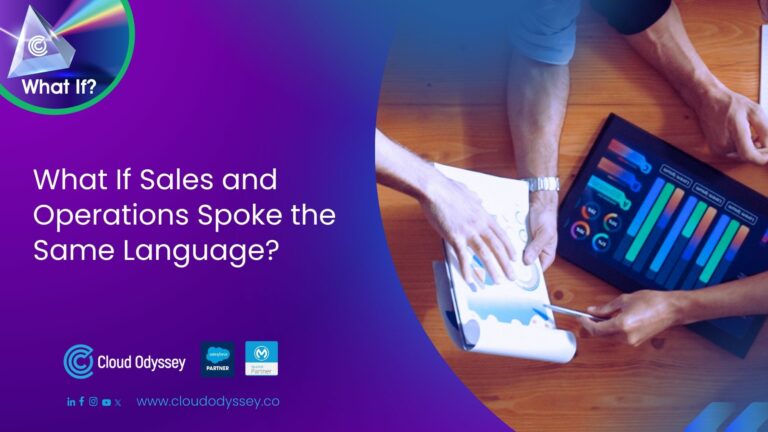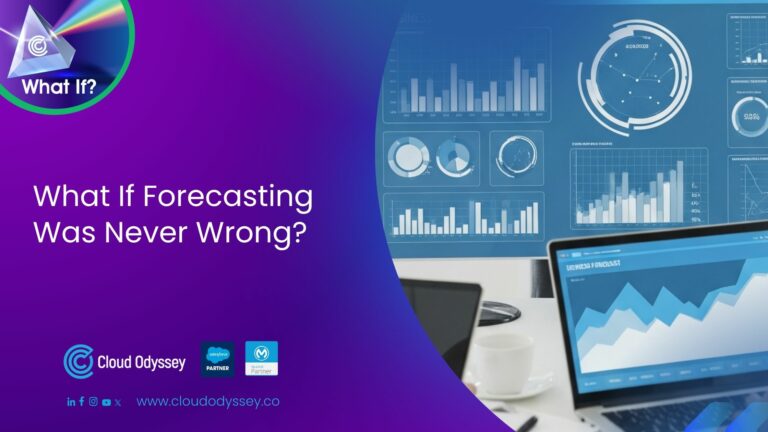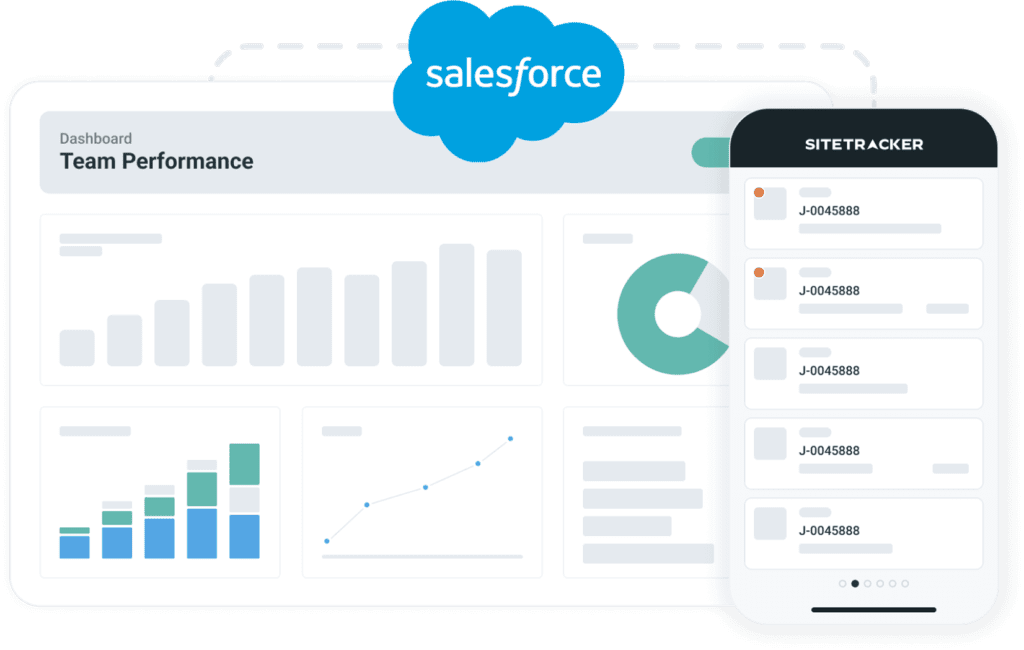Salesforce continues to be one of the hottest technologies in the business world, showing no signs of slowing down. The Salesforce ecosystem continues to grow with products and services aimed at every aspect of business operations, including human resources, marketing, e-commerce, customer service, and more.
By 2022, here are the top seven trends you’ll see from this technology that will dramatically change the way we do business.
Salesforce is transforming the way businesses used to operate
People expect their needs to be met in real-time and with a couple of clicks. This means that organisations need to become more agile, innovative, and faster. But don’t worry, you don’t have to know about it; we’ve done all the research for you!
Read our list of what will be hot in Salesforce over the next few years!
Salesforce and Slack
As organisations move towards a hybrid culture by 2022, Slack First Customer 360 makes it even easier. Salesforce acquired Slack, allowing teams to stay connected, be productive, and get work done wherever they are—with one source of truth for their company and a single view of the customer.
With Slack First Customer 360, you can now close more deals, solve tickets quicker, manage campaigns efficiently, and gain intelligent AI-driven insights on customer data. The new integration allows every department—sales, marketing, and service—to collaborate through channels that unify teams and streamline workflows based on their data.
Health Cloud 2.0
Salesforce developed Salesforce Health Cloud 2.0 to address the changing needs of the healthcare industry during the pandemic. It is compliant with all post-COVID regulations and features, including enhanced vaccine management, contact traceability, and other helpful health-tracking functions.
Salesforce Health Cloud 2.0 enables hybrid healthcare by offering exceptional facilities regardless of location and time. As we move into 2022, it will be one of the most important Salesforce trends in healthcare.
AI is becoming an integral part of Salesforce
Salesforce Einstein is an AI-powered tool that allows for better business management. It allows users to analyse large amounts of data and make valuable predictions. AI and ML can also automate routine tasks, reducing human error and increasing productivity.
The most significant advantage of Salesforce Einstein is that it helps businesses grow with accurate predictive data. For example, by analysing a company’s historical data and combining it with real-time insights, Einstein can tell you if today will be a good day. It also allows businesses to optimise their marketing strategies.
Orchestrator
Salesforce has developed a flow orchestrator to help manage complex workflows. It allows administrators to configure and deploy processes with just a few clicks. Flow Orchestrator optimises the user experience and introduces new capabilities that can increase the impact of your existing and new flows.
The orchestrator improves the user experience and automates processes using two features: stages and steps.
Steps: It helps you specify and differentiate the process you want to use. A series of parallel phases can be assigned to a task. If a professional is assigned a step, it will give them insights into what alerts they should get and where the workflow should be, i.e., where to reroute them.
Stages: Steps are grouped and carried out in a logical order. Decision elements can be separated to perform a more complicated and broad logic. The scope of the stage is more than a collection of related activities.
Salesforce blockchain
Salesforce’s low-code platform allows customers to maximise technology by sharing verified data among a secure network that includes Salesforce clients and third-party users.
Salesforce blockchain allows Salesforce users to create apps, processes, and networks using blockchain technology. This technology’s primary purpose is to make it easier to share and secure data access for many parties.
Companies would benefit from optimising blockchain technology to save time and money by validating, recording, and preserving data from multiple partners within the network.
Salesforce and Tableau
The idea is to connect any data source with a Salesforce instance and convert it into an interactive visualisation. This makes reporting on data, spotting trends, and making informed decisions easy. The idea of combining analytics software and CRM platforms isn’t new.
A growing number of companies are exploring how their businesses can benefit from these two tools working together. It might be that you start by connecting your Salesforce data with a simple bar chart in Tableau, but once you see what’s possible, you might find yourself wanting more.
HyperForce
Public cloud partners can help businesses meet their data storage needs using standard tools and software development processes.
Hyperforce can store data in specific regions if your organisation has compliance regulations. Hyperforce provides faster in-country performance and enables a quicker route between end-users and data centres for an improved user experience.
The cloud also allows for greater flexibility and efficiency. Data can be deployed quickly to the cloud, which takes several weeks.
Utilising these Salesforce trends to benefit business
Many cloud-based CRM platforms are popping up left and right, but Salesforce remains on top as a significant trend in its own right. Businesses can benefit from utilising these influential sales force trends that range from simple to complex.

